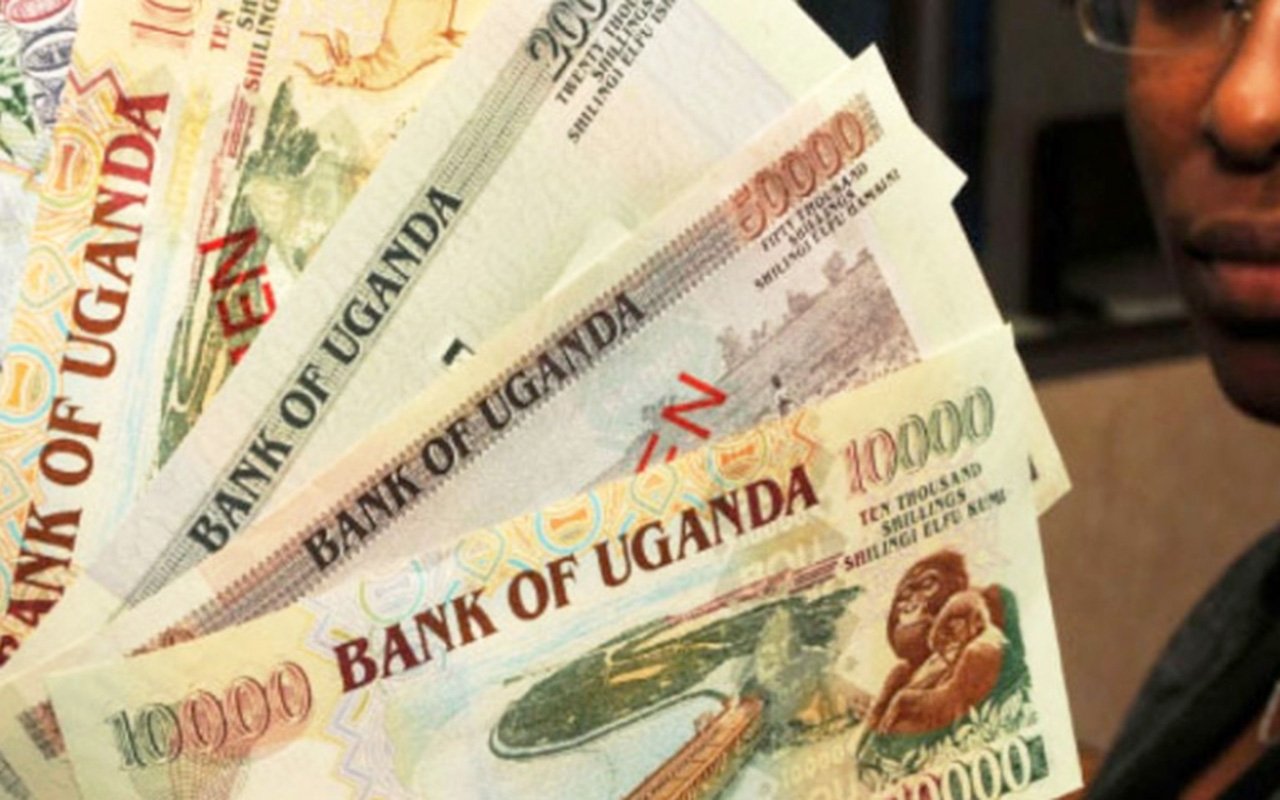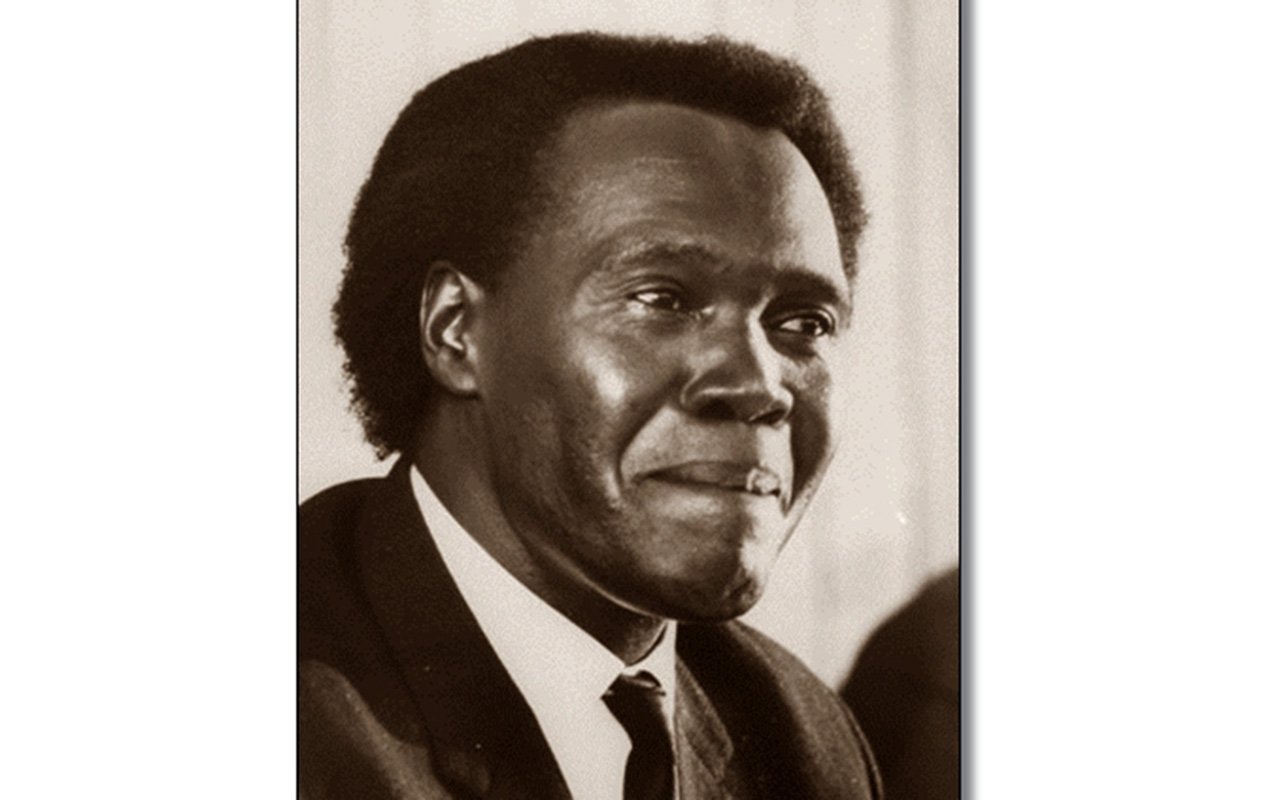
Defence minister Crispus Kiyonga (L) after handing Ethiopia’s minister of Defence Sirajj Fegessa (R) a gift in Kampala in 2015. PHOTO | STEPHEN WANDERA
President Museveni over the weekend appointed former Defence minister, Dr Crispus Kiyonga, as the new Chancellor of Makerere University, bypassing the university council's recommended candidates.
Reliable sources told this publication that the university council had put forward two names, including Prof William Bazeyo, the former Dean of the School of Public Health and the Deputy Vice Chancellor for Finance and Administration, and Mr Charles Wana-Etyem, the former chairperson of the university council.
However, sources indicate that the President rejected both candidates due to their previous history and instead suggested Dr Kiyonga.
Consequently, the university council considered his suggestion.
Some sources at the university indicated that Prof Bazeyo was reportedly overlooked for the job due to questions surrounding the authenticity of his academic credentials, which had caused drama at the institution during his tenure as acting Deputy Vice Chancellor for Finance and Administration.
Meanwhile, another source indicated that President Museveni sidelined Mr Wana-Etyem because he was dissatisfied with the handling of the student loans scheme, given his role as chairperson of the Higher Education Students’ Financing Board.
A close source to the council, who preferred anonymity due to the sensitivity of the issue, confirmed that indeed the council had submitted the two names for appointment to President Museveni, but the President declined to appoint them.
The source further indicated that Mr Museveni wanted a neutral person who had never served in any office at the university, given the numerous political factions and cliques.
In response, the President picked Dr Kiyonga for the job and sent his name to the university council for endorsement.
“The council called for a special meeting to meet Dr Kiyonga and it ultimately endorsed him since he was qualified and recommended him for the position, leading to his official appointment. The President said that since the two officials [proposed to him] had served the University diligently, he wanted a new face,” the sources said.
When contacted yesterday to inquire about President Museveni’s move, the State House spokesperson, Mr Sandor Walusimbi, referred us to the university council.
The chairperson of the university council, Ms Lorna Magara, who was out of the country, did not deny submitting two names but referred us to the university secretary to take us through the process the council undertook and the involvement of the President.
Makerere University Secretary Yusuf Kiranda said the search for the Chancellor was a comprehensive and meticulous process, open to public nominations.
He said the Search Committee thoroughly evaluated each nominated candidate and presented recommendations to the university council.
“The council then selected and recommended three exceptional candidates in total—Dr Crispus Kiyonga, Mr Charles Wana-Etyem and Prof William Bazeyo—to the President for consideration. We are pleased that Dr Kiyonga, one of the council's recommended candidates, has been appointed Chancellor by His Excellency the President,” Mr Kiranda said.
The chairperson of the Makerere University Academic Staff Association (MUASA), Dr Robert Kakuru, confirmed that the Joint Staff Associations, MUASA inclusive, had petitioned the President regarding the credibility of Prof Bazeyo as Chancellor.
The staff commended the President for heeding their request, saying the person he has elected is of great importance and experience.
“Congratulations to Dr Kiyonga on his appointment as Chancellor. We thank His Excellency, President Y. K. Museveni, for appointing a neutral and credible Chancellor. The University Council has a lot to learn from this exercise—particularly the importance of merit in the recruitment of top managers at the university, which staff associations will continue to advocate for,” Dr Kakuru said.
The Vice Chancellor of Makerere University, Prof Barnabas Nawangwe, took to his official Twitter account to congratulate the new Chancellor.
“His Excellency the President of Uganda has appointed Dr Crispus Kiyonga as the new Chancellor of Makerere University. On behalf of the council, I extend our warm congratulations to Dr Kiyonga on this prestigious appointment and warmly welcome him to the service of Makerere University,” Prof Nawangwe said on Saturday.
Mr Kiyonga succeeds Prof Ezra Suruma, who assumed chancellorship in January 2016 after being appointed by Museveni on December 2, 2015.
In an eight-year reign, Prof Suruma's second four-year term expired in December 2023, leaving the university without a Chancellor.
The absence of a Chancellor earlier this year resulted in the university lacking an official to confer degrees during the January graduation ceremony.
With Dr Kiyonga’s appointment, he is expected to preside over the upcoming graduation in January 2025 and ensuring continuity in the university’s leadership.
According to the Universities and Other Tertiary Institutions Act, the President appoints the public universities' chancellors upon the recommendation of the university council.
The Act further stipulates that each public university shall have a chancellor appointed by the President upon the recommendation of the University Council.
The chancellor is slated to serve a four-year term and may be reappointed for one additional term. As the ceremonial head of the university, the chancellor presides over all formal assemblies, conferring degrees, academic titles, and distinctions on behalf of the institution.
Additionally, the chancellor is responsible for ensuring the university is evaluated, according to specified objectives.
The search process
According to a university official, the university council formed a search committee tasked with finding suitable candidates for the position.
The search committee placed an advertisement in the media, inviting the public to recommend individuals they deemed competent. The public, along with university staff, submitted names to the committee. After evaluating the candidates, the search committee presented a shortlist to the university council.
Who is Kiyonga?
Dr Crispus Kiyonga is a prominent Ugandan politician, medical doctor, and seasoned public servant with a long history of involvement in the country's political and administrative affairs.
Born on December 1, 1952, in Kasese District, western Uganda, Dr Kiyonga pursued his early education at Kisinga Primary School and Bwera Junior Secondary School. He later attended Nyakasura School and King's College Budo for his secondary education. He went on to study at Makerere University, where he earned a Bachelor of Medicine and Bachelor of Surgery (MBChB) degree. In addition to his medical qualifications, Dr Kiyonga holds postgraduate degrees in public health and management.
He's career began in Medicine, where he practiced as a medical doctor in various health centers across Uganda. However, he soon transitioned into politics, where he has made a significant impact. He served as a Member of Parliament for Bukonzo County West, representing his constituency for several decades. During his time in Parliament, he was known for his advocacy for development in his constituency and his active participation in legislative affairs.
Over the years, Dr Kiyonga held several key ministerial positions. He was appointed Minister of Finance in 1986, shortly after President Museveni came to power. In this role, he played a crucial part in managing Uganda’s economy.
From 1996 to 2001, Dr Kiyonga served as Minister of Health, where he contributed to various reforms and initiatives aimed at improving public health services.
Perhaps his most notable role was as Uganda’s Minister of Defence, a position he held from 2006 to 2016. During this decade-long tenure, Kiyonga was instrumental in overseeing the modernisation of the Uganda People’s Defense Forces. He also played a significant role in the country’s military engagements in the region, including peacekeeping missions, and was deeply involved in diplomatic efforts related to peace and security in the Great Lakes region.
Beyond his national roles, Dr Kiyonga remains a key political figure in Kasese District, where he has consistently advocated for the development and stability of the region. His leadership and influence extend beyond politics; he is also known for his disciplined and methodical approach to governance, often described as a calm and steady presence in Uganda's political landscape.




